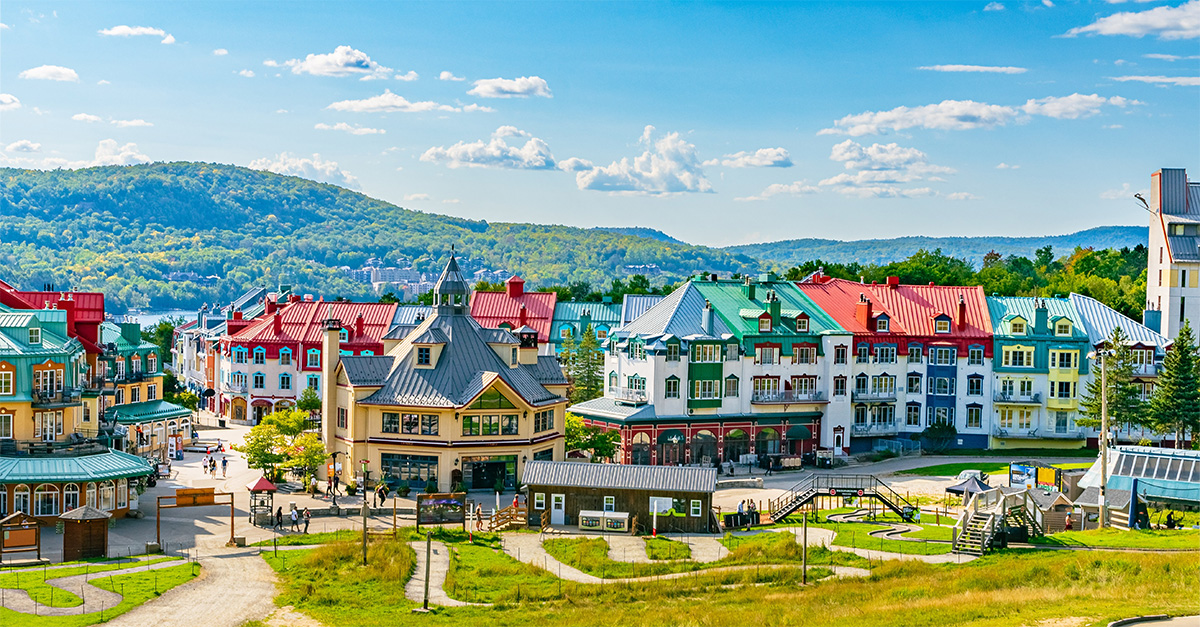The credit crunch will probably mean people change their holiday habits in the short term. But the way we travel is also challenged in a more fundamental way.
Once we are out of this financial ditch, the new middle classes around the world are going to get moving. According to the United Nations World Tourism Organization, worldwide tourist numbers are going to double from 800 million this year to 1.6 billion by 2020.
This staggering level of growth is a challenge to sustainable development for the tourism industry. If we reach the UNWTO numbers, there will be much greater demand for a limited resource.
That might be a tropical island, a national monument, a beautiful city or an exhilarating experience.
At the same time, there are plenty of ecological assessments that tell us many of the natural resources on which tourism relies are being depleted.
If you add climate change into the mix, along with the carbon-dioxide emissions and water scarcity, then you have what the Harvard Business Review has called a tourism time bomb.
The truth is, it is not possible to achieve this sort of growth and maintain the quality of the tourism product, not to mention the quality of the planet.
Appropriate pricing and rationing will offer some of the solution – just as only a limited numbers of the rich can go to
the Galapagos right now.
But we will also have to look at holidays differently – more sustainably. That might mean holidaying on a three or four-year cycle – going long-haul every third year and more locally at other times.
It will also mean thinking about what we want out of our leisure time – perhaps focusing on the people that we are with more
than the places we visit.
Sustainable development is about finding a way through these challenges. If the industry is going to move beyond the credit crunch and through this resource crunch it will need to look at how to profit by doing things differently.
- Stephanie Draper is a director at Forum for the Future, the sustainable development charity. She also heads up the organisation’s tourism work.




